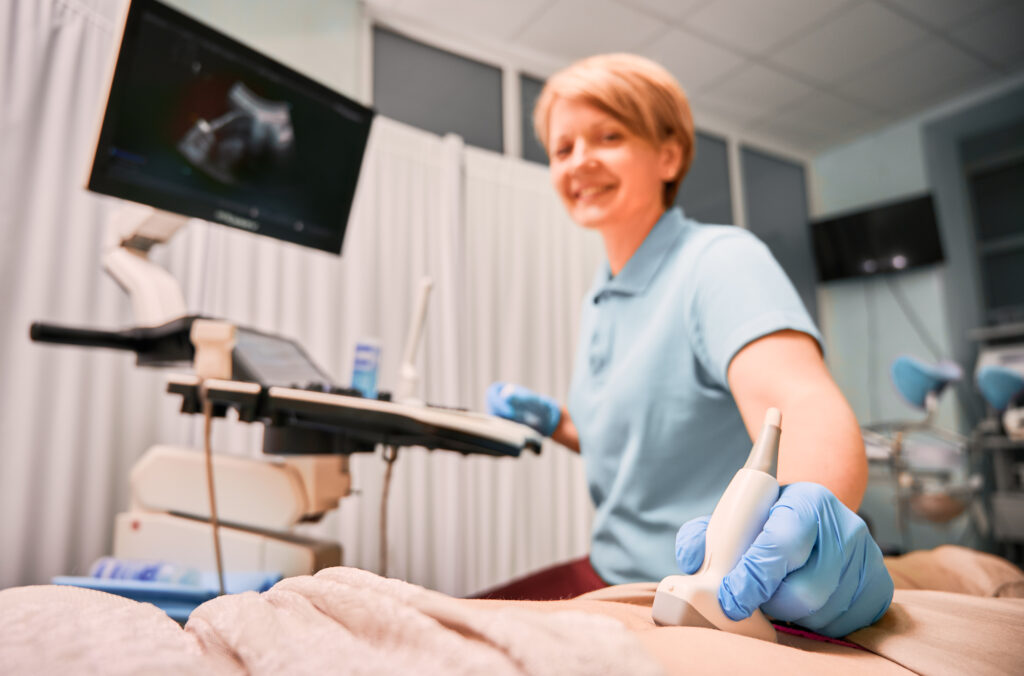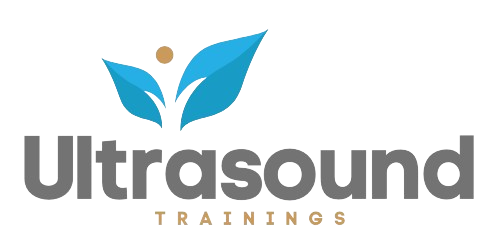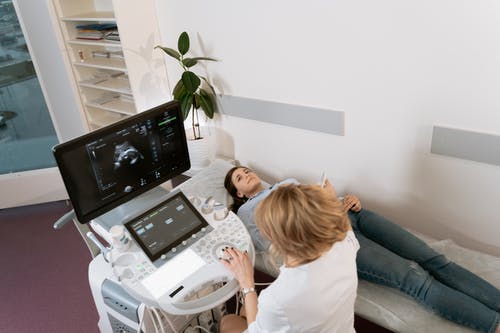Ultrasound Training Introduction
Ultrasound training plays a key role in ensuring accurate diagnosis and treatment in medical practice. In this article, we explore strategies for achieving excellence in ultrasound training so that healthcare professionals can provide quality care to their patients.

Understanding the Importance of Ultrasound Training
Ultrasound imaging is an important diagnostic tool used in many medical specialties, of obstetrics. to cardiology. Quality ultrasound training is essential for healthcare professionals to acquire the skills and knowledge necessary to perform accurate and meaningful examinations that ultimately positively impact patient outcomes.
Choosing the right ultrasound training program
Choosing the right ultrasound training program is essential for comprehensive training and a handle. . based on experience. Accreditation, curriculum structure, faculty expertise, and opportunities for hands-on learning in clinical settings should be considered.
Core Learning and Clinical Experience
Core experience is invaluable in ultrasound training, allowing physicians to develop skills in scanning techniques and interpretation of ultrasound images. Supervised clinical rotations provide opportunities to apply knowledge in the real world under the guidance of experienced mentors.
Use of simulation and virtual training
Simulation-based training and virtual reality simulations provide immersive learning in ultrasound, allowing physicians to practice scanning techniques and diagnoses. interpreting in a safe and controlled environment. These tools complement traditional hands-on training and improve learning outcomes.
Continuing Education and Professional Development
Continuing education is essential for healthcare professionals to stay current with ultrasound technology and best practices. Attending workshops, conferences, and online courses allows trainees to expand their knowledge and skills throughout their careers.
Seeking Mentorship and Supervision
Mentoring plays a critical role in ultrasound education by providing trainees with guidance, support, and clinical insight. Building relationships with experienced practitioners stimulates professional growth and facilitates the development of ultrasound imaging expertise.
Using Resources and Technology
Using a variety of educational resources, such as textbooks, online modules, and mobile apps, enhances ultrasound learning opportunities. The use of technologies such as online platforms and training software provides flexibility and convenience for self-directed learning.
Commitment to Excellence and Lifelong Learning
Developing a mindset of continuous improvement is essential to excellence in ultrasound education. Setting goals, seeking feedback, and taking advantage of professional development opportunities are key components of lifelong learning in ultrasound imaging.
Conclusion
In summary, the ultrasound training introduction empowers healthcare professionals to deliver higher-quality patient care. By mastering the use of ultrasound technology, practitioners can make more accurate diagnoses, perform safer procedures, and ultimately improve patient outcomes. Investing in ultrasound training introduction is an investment in the future of healthcare, ensuring that medical professionals are equipped with the skills and knowledge necessary to navigate the complexities of modern medicine.


